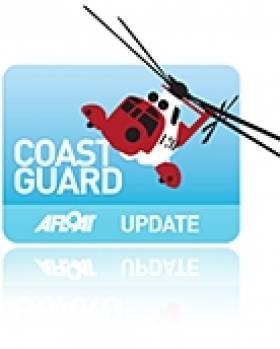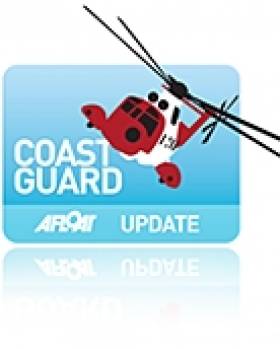Displaying items by tag: Transport Minister Phillip Hammond
Bangor's Future 'A Victory for People Power'
The decision to keep open Northern Ireland's only dedicated search and rescue base is a victory for people power, says the Belfast Telegraph.
As previously reported on Afloat.ie, the station at Bangor was saved from closure following a review of plans to streamline the UK's coastguard network.
In an editorial on Friday, the paper said: "Northern Ireland really is a place apart geographically and no-one was convinced that the waters around our coastline from Lough Foyle to Strangford and the inland waterways of Lough Neagh and Lough Erne could be safely monitored by what amounted to remote control if Belfast Coastguard was closed."
The preservation of the service at Bangor is also "a victory for common sense".
The paper added: "From now on every person plucked from the sea or the loughs will utter a heartfelt thanks to those who fought to keep the service locally-based and they will also praise Transport Minister Phillip Hammond for sparing it from closure."
Bangor Coastguard Centre Saved from the Chop
Northern Ireland's only dedicated search and rescue command centre has been saved from closure following a review of plans to streamline the UK's coastguard network.
BBC News reports that UK Transport Minister Phillip Hammond told the House of Commons today that the coastguard station at Bangor would remain open and operate 24 hours a day, allaying concerns that the station would be reduced to daytime-only service.
"Had this decision gone the wrong way, it would not simply have been a blow for the staff here in Bangor, but for all of Northern Ireland," commented North Down MLA Peter Weir.
The Bangor station will be one of eight full-time centres across the UK that remain open, while the stations at Clyde, Forth, Portland and Liverpool will be closed.
BBC News has more on the story HERE.






























































